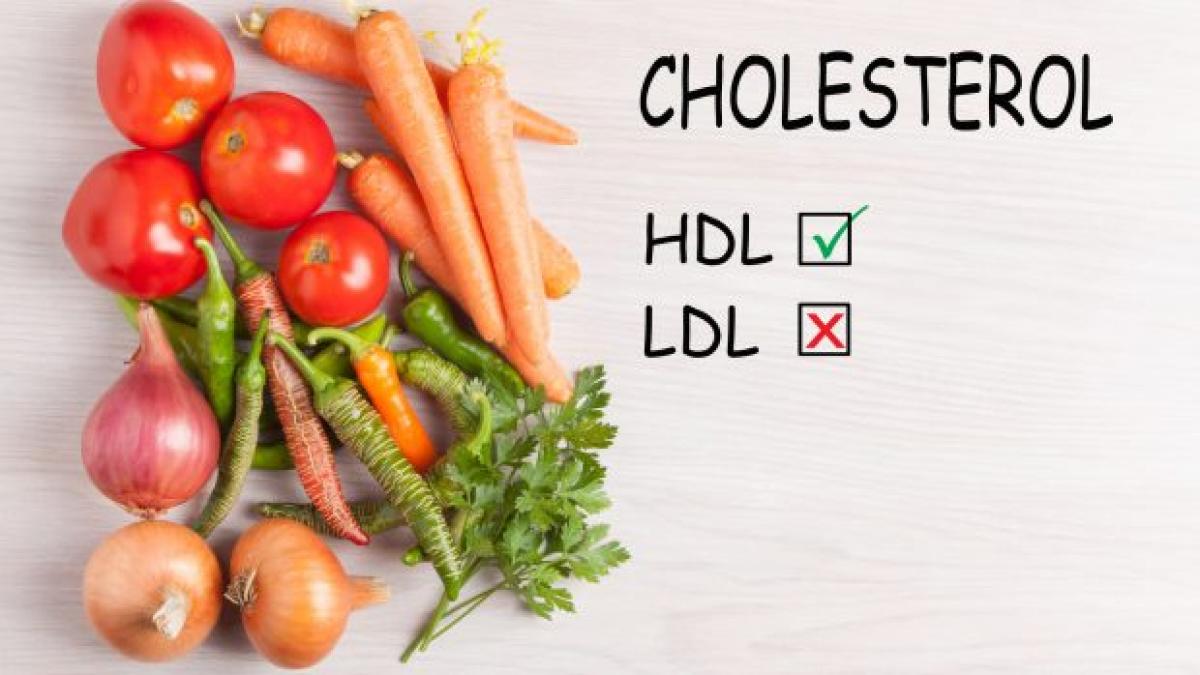The Importance of a Cholesterol-Lowering Diet
Having high cholesterol can put you at risk for serious health issues such as cardiovascular disease, heart attacks, and strokes. However, making targeted changes to your diet can help manage and reduce your cholesterol levels, promoting better cardiovascular health.
One key aspect of a cholesterol-lowering diet is to limit saturated and trans fats, which can raise blood cholesterol levels. Saturated fats are commonly found in animal products like red meats and full-fat dairy, as well as in some oils like palm oil. Trans fats, which are often found in processed foods, should be completely avoided. Instead, focus on incorporating healthier fats like monounsaturated and polyunsaturated fats into your diet.
Increasing your intake of good fats can help lower LDL (“bad”) cholesterol and increase HDL (“good”) cholesterol. Sources of these healthy fats include vegetable oils, nuts, seeds, and fatty fish.
Soluble fiber, found in fruits, vegetables, legumes, and whole grains, can also help reduce cholesterol absorption in the blood. Adding foods like oats, barley, apples, and broccoli to your diet can increase your soluble fiber intake.
It’s also important to reduce dietary cholesterol by limiting foods high in cholesterol, such as egg yolks and offal. Plant sterols and stanols, which are similar to cholesterol and found in plants, can be added to certain foods like margarines and yogurt to help absorb cholesterol in the digestive tract.
In addition to dietary changes, adopting a heart-healthy eating plan can further improve your cholesterol levels. For example, a balanced day of meals might include oatmeal with fruit and nuts for breakfast, a salad with salmon for lunch, grilled chicken with vegetables for dinner, and snacks like Greek yogurt and nuts throughout the day.
Remember to cook in a healthy way, watch your portion sizes, and incorporate physical activity into your routine for overall heart health. Consulting with a nutritionist or doctor can provide personalized guidance on managing high cholesterol levels and promoting better cardiovascular health. Making these changes to your diet and lifestyle can significantly reduce your risk of heart disease and improve your overall health.
